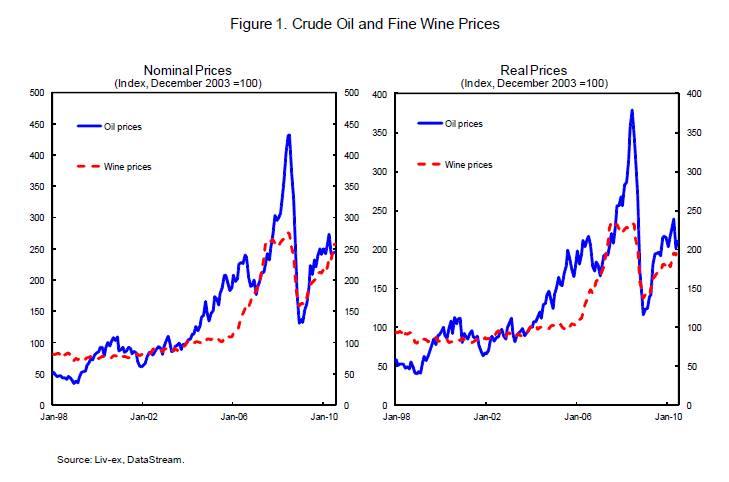Everyone always asks how you got together but no one asks how you stay together
A friend posted the above recently, right as I was finally reading Spousonomics , which asks how couples stay together through the use of economics. I'm about 3/4 of the way through the book, but I like what I have read so far. I'll try to do a more indepth review later.
Of course the authors certainly got on the right foot with me by asking me my opinion about economics and love, which earned me major bonus point with my wife. (see the post here)
The first chapter has made me think the most. It deals with how to use comparative advantage to improve your marriage. In short Econ 101 theory would say who ever can do the dishes faster relative to cleaning the house should do dishes, and the other person should clean the house. The book uses three couples in each chapter to demonstrate a concept. The first couple we meet splits every task 50/50 doing half the cooking, cleaning, dog walking, ect. The authors show that the couple became much better off once they decided to let each other specialize.
But the next two couples look deeper into comparative advantage. With Econ 101 we can't figure who will do how much. There is no way to determine what trade will happen although we can figure out a set of potential trades. For example the couple that used to do 3 nights of dishes and 3 nights of house cleaning each. May decided one member does any number of combinations, the potential list of fair trade is anyone where a member doesn't do more of both tasks.
From here though Spousonomics shows Econ 101 breaks down. How unpleasant the chores are isn't taken into account in a basic analysis to figure out who will do chores just based on how long it takes. (See their discussion here)
The rest of the book goes on to discuss imperfect information, moral hazards, and principle agent issues. These are all situations which typically lead to market failure.
I think that is the overall point of the book. When things go well in marriage the invisible hand of the household market for a spousal exchange (ie chores and attention) is functioning well so no need to worry. However, like markets marriages run into problems. When this is the case the partners need to work together to find ways to change the incentives and market structure to improve marriage.
I would recommend you read Spousonomics. If you are an economist you will know the concepts, but learn a lot about how people might apply them to marriage. If you aren't an economist you can get yourself a new tool kit to help improve your marriage.
Plus the authors (from the Times and Journal) have a huge absolute and comparative advantage over economists in humorous writing.



